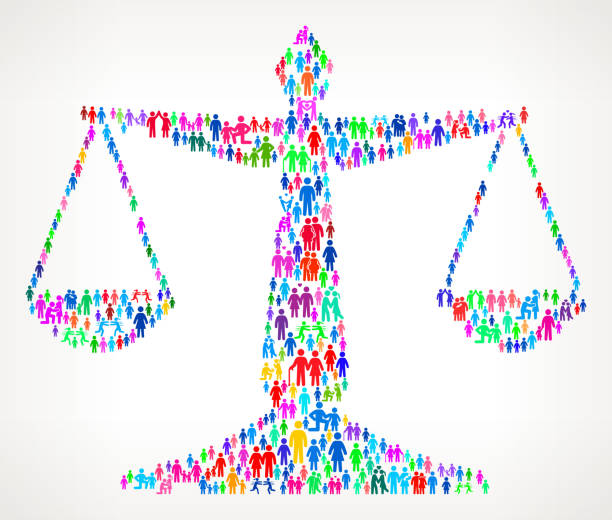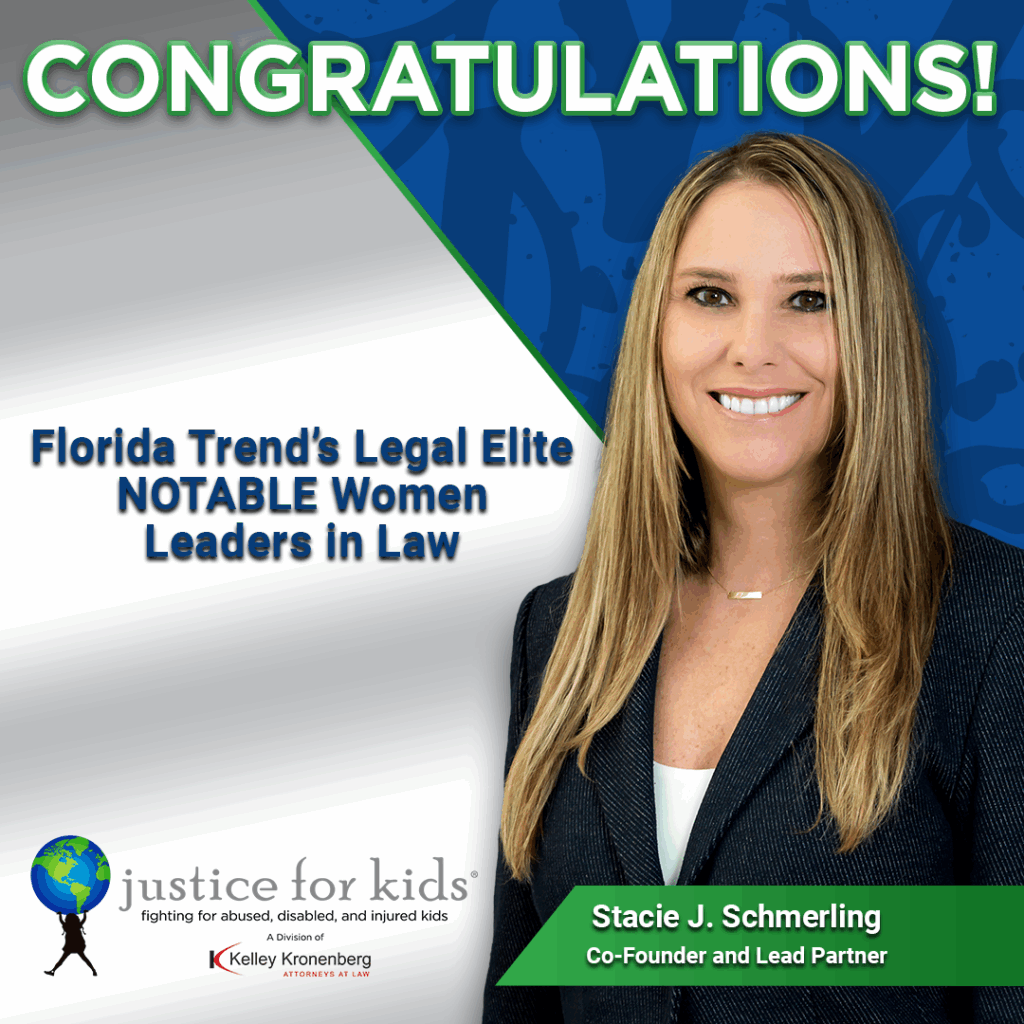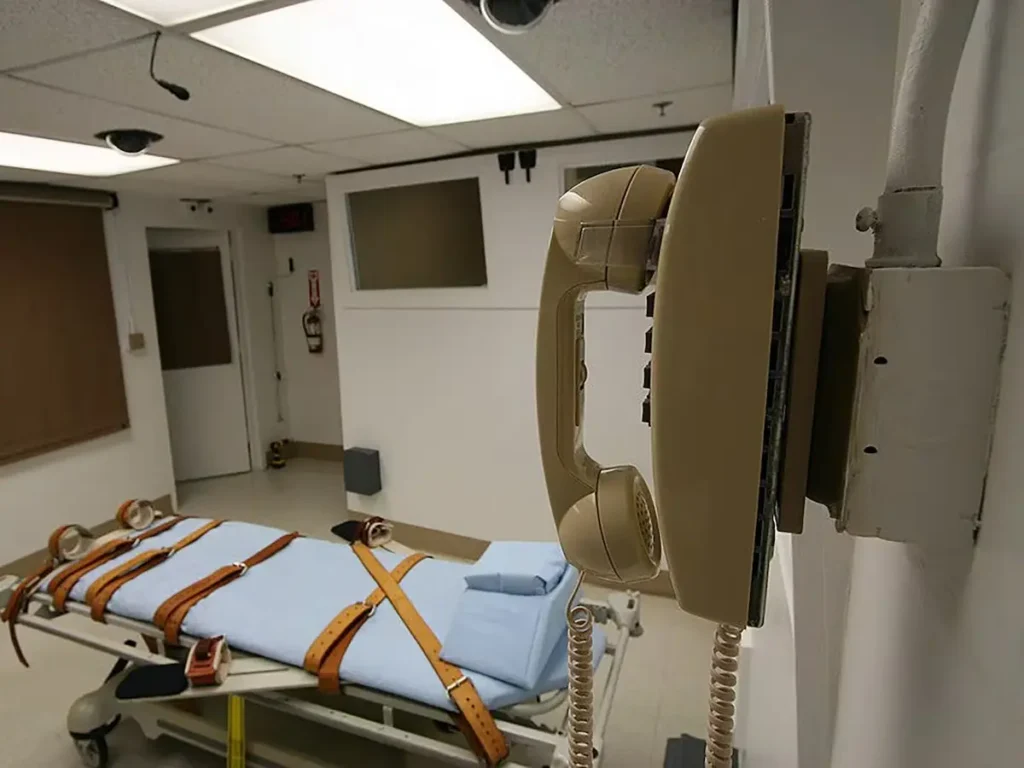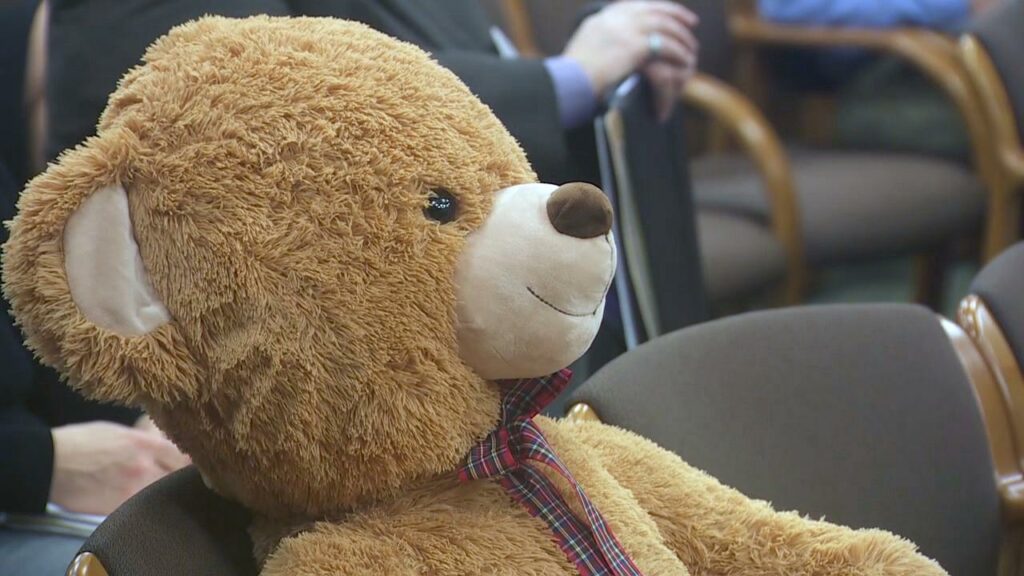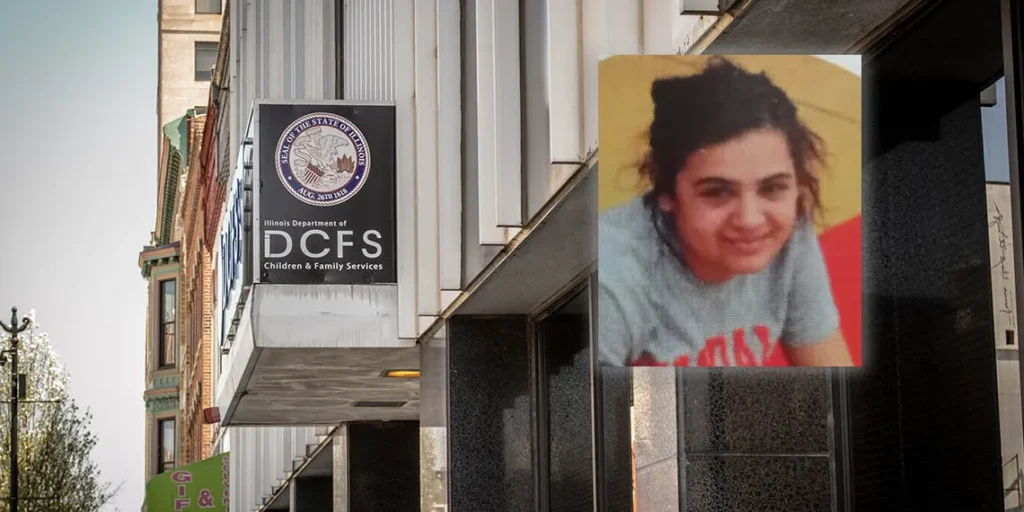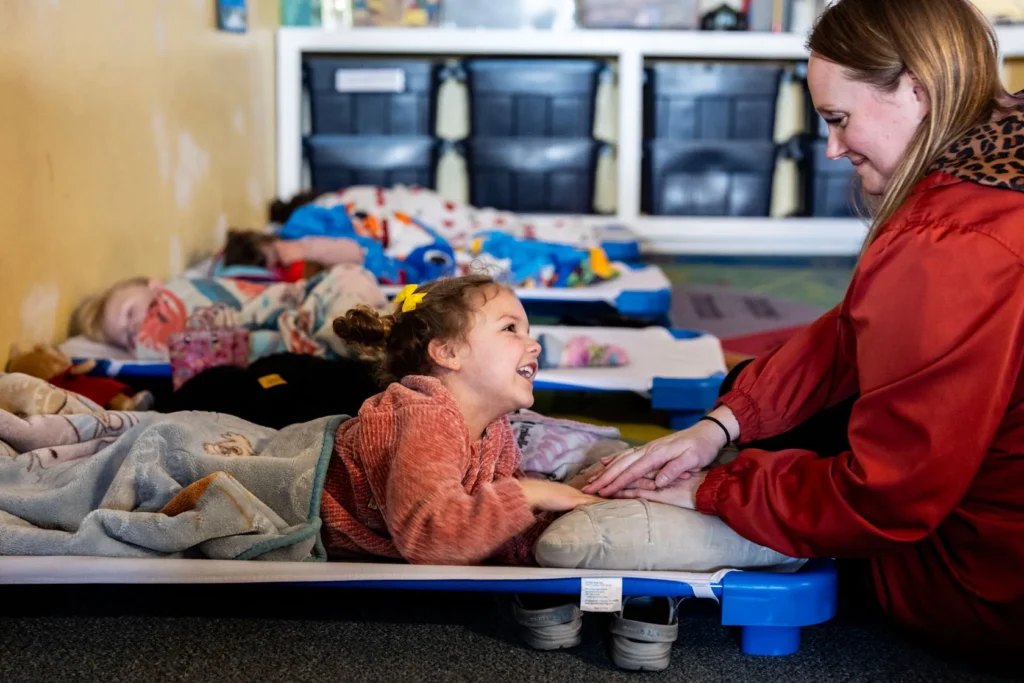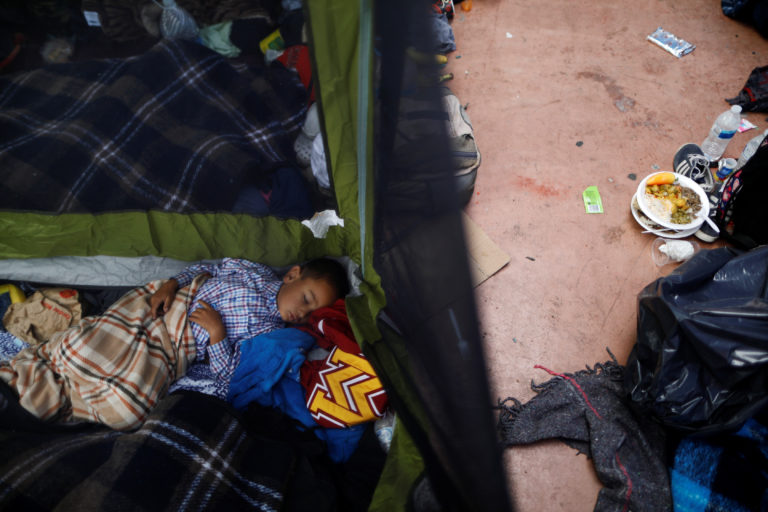Vulnerable Children Overlooked in Residential Treatment Facilities
Every day across America, thousands of children suffer in residential treatment facilities – out of sight and often out of mind. For many of these children, DCFS negligence and placement in these facilities follows years of trauma, multiple failed foster care placements, and a growing distrust of the child welfare system meant to protect them. As a child abuse attorney with Justice for Kids, a division of Kelley Kronenberg, specializing in institutional abuse cases, I’ve seen firsthand the devastating effects when DCFS and residential treatment centers fail these vulnerable children.
My Personal Mission to Fight for Child Welfare Justice
Being raised by parents whose life’s work has been dedicated to healing traumatized children in residential treatment facilities has profoundly shaped my approach as a child abuse attorney. I witnessed firsthand my parents’ unwavering commitment to their patients—children who had experienced institutional neglect and the worst of humanity yet still possessed remarkable resilience.
This upbringing instilled in me not just an intellectual understanding of child welfare issues, but a deep emotional connection to the cause of fighting residential facility negligence. That is why representing abused children isn’t just my profession; it’s an extension of my family’s legacy of advocacy and care for victims of institutional abuse.
To better understand this child welfare crisis, I turned to these two experts who witness these realities daily: my mother, a trauma counselor and my father, a child and adolescent psychiatrist with expertise in foster care mental health.
Both treat children in various residential treatment facilities throughout the Chicagoland area, specializing in childhood trauma and behavioral issues that stem from institutional neglect, foster care abuse, and systematic failures. Their patients present with numerous diagnoses including childhood trauma, reactive attachment disorder (RAD), autism, bipolar disorder, disruptive mood dysregulation disorder (DMDD), oppositional defiant disorder (ODD), conduct disorder (CD), post-traumatic stress disorder (PTSD), and developmental delays – conditions requiring consistent therapeutic intervention, appropriate medication management, and often legal advocacy to address child welfare negligence.
Pathways to Trauma in Residential Treatment Facility Placement
Many children in residential facilities have developed a profound distrust of adults who have repeatedly failed them. Some have endured an astonishing 15-20 different placements within just 2-3 years. Each new placement initially sparks hope for a “forever family,” but when placements inevitably fail, that hope crumbles. This cycle of hope and disappointment compounds trauma with each transition.
The backgrounds of these children often include extreme abuse. In one particularly disturbing case, a mother physically abused her children by beating them in the head with a pistol and forcing siblings to beat each other with objects as punishment. Such environments create not only distrust of adults but also break down sibling bonds, fostering an “every person for themselves” survival mentality. Children who have endured such severe abuse typically struggle to adapt to traditional foster home placements.
The Cycle of Failed Placements
Why do placements repeatedly fail for these vulnerable children? The answer lies in the complex interplay of triggers affecting both the child and their foster parents. Foster parents, despite good intentions, may be unprepared for the emotional and cultural challenges of integrating a traumatized child into their home. They may have unrealistic expectations, or the child’s behaviors may trigger unexpected emotional responses in the caregivers.
From the child’s perspective, each new foster home can reactivate feelings of failure, disappointment, abandonment, and lost hope. With each failed placement, the emotional burden grows heavier. Both foster parents and children often experience fight-or-flight responses during stressful interactions. Moreover, children frequently lack the ability to understand their own needs, much less verbalize them, leading to frustration, anger, and behavioral outbursts.
Some children ultimately choose residential treatment centers because these environments don’t demand the emotional bonding expected in a foster home. In residential care, the pressure to form family attachments is removed, providing a different kind of psychological safety.
Critical DCFS Shortcomings That Harm Vulnerable Children
Through therapeutic work with children in residential facilities, a common problem can be identified in DCFS’s approach. While the department assigns multiple staff members to each child’s case, these professionals often treat children as mere subjects in a bureaucratic process. Case reviews frequently prioritize expedience over depth, with teams rushing through files and seeking reassurance that everything is “okay” without truly ensuring children’s needs are met.
In reality, each child has a complex story that must be thoroughly understood to provide appropriate treatment. In one troubling example: a child under DCFS care whose medical history omitted a crucial detail for 2-3 years – that he had witnessed his brother’s murder. This vital information, which could have been easily obtained, was essential for addressing his mental health needs. Yet not one person on his DCFS team made the effort to investigate further, resulting in years of inadequate treatment.
Psychiatrists observe additional failures in their role managing medications for children under DCFS guardianship. There is a critical lack of coordination when patients are hospitalized. Despite DCFS’s legal responsibility to ensure continuity of care, a child’s medication regimen – including psychotropic medications – can be completely altered overnight during hospitalization without proper consultation. This fragmented approach to treatment can severely compromise children’s psychological stability and overall well-being.
Partnerships Between Child Welfare Attorneys and Mental Health Professionals
As a child abuse attorney advocating for victims of DCFS negligence, I’ve found that effective legal representation in child welfare cases requires close collaboration with mental health professionals like my parents. When residential treatment facilities and foster care systems fail our most vulnerable children, this interdisciplinary partnership becomes essential for securing compensation, ensuring accountability, and driving meaningful change in institutional abuse cases.
Attorneys specializing in child welfare cases must work hand-in-hand with therapists and psychiatrists to:
- Document Treatment Gaps: Mental health professionals can identify specific instances where a child’s treatment plan was inadequate or improperly implemented, or instances of medical neglect while in and due to DCFS guardianship, providing crucial evidence for legal intervention.
- Establish Standards of Care: Expert testimony from qualified clinicians helps establish what appropriate care should look like, creating a benchmark against which negligence can be measured.
- Demonstrate Harm: Therapists can articulate how specific systemic failures resulted in demonstrable harm to a child’s psychological development and overall wellbeing.
- Develop Remedies: Together, legal and mental health professionals can craft comprehensive remedies that address not just legal violations but also the child’s ongoing therapeutic needs.
In my practice, I’ve seen how this collaborative approach can transform a child’s experience within the system. For example, when presented with detailed documentation from a treating psychiatrist about medication discontinuity, courts are more likely to order specific protocols to ensure proper medication management. Similarly, therapeutic recommendations can be incorporated into court-ordered treatment plans, giving them the force of law.
Advocating for Meaningful Change
The DCFS failures and instances of residential facility negligence described by my parents aren’t isolated incidents but symptoms of systemic child welfare problems requiring comprehensive legal solutions. As child abuse attorneys and advocates for victims of institutional abuse, we must push for:
- More thorough and trauma-informed training for all DCFS personnel and residential treatment staff
- Smaller caseloads that allow for meaningful engagement with each foster child
- Stronger protocols for information sharing and coordination of care in residential treatment facilities
- Regular judicial review of treatment plans with input from all stakeholders, including child welfare attorneys
- Greater legal accountability and compensation for victims when systems fail to provide appropriate care
- Improved oversight of residential treatment centers to prevent future cases of institutional abuse
The children in residential treatment facilities deserve better than cursory file reviews and fragmented treatment approaches. If your child has suffered due to DCFS negligence or residential facility abuse, our child welfare attorneys can help. Through meaningful collaboration between legal advocates, child abuse attorneys, and mental health professionals, we can hold institutions accountable, secure compensation for victims, and work toward a foster care system that truly serves children’s needs and helps them heal from institutional abuse and trauma. Contact us today for a free consultation.

Julianna B. Walo, Esq.
Attorney, Justice for Kids
Kelley Kronenberg-Chicago, IL
754-888-KIDS (5437)
Email
Bio

